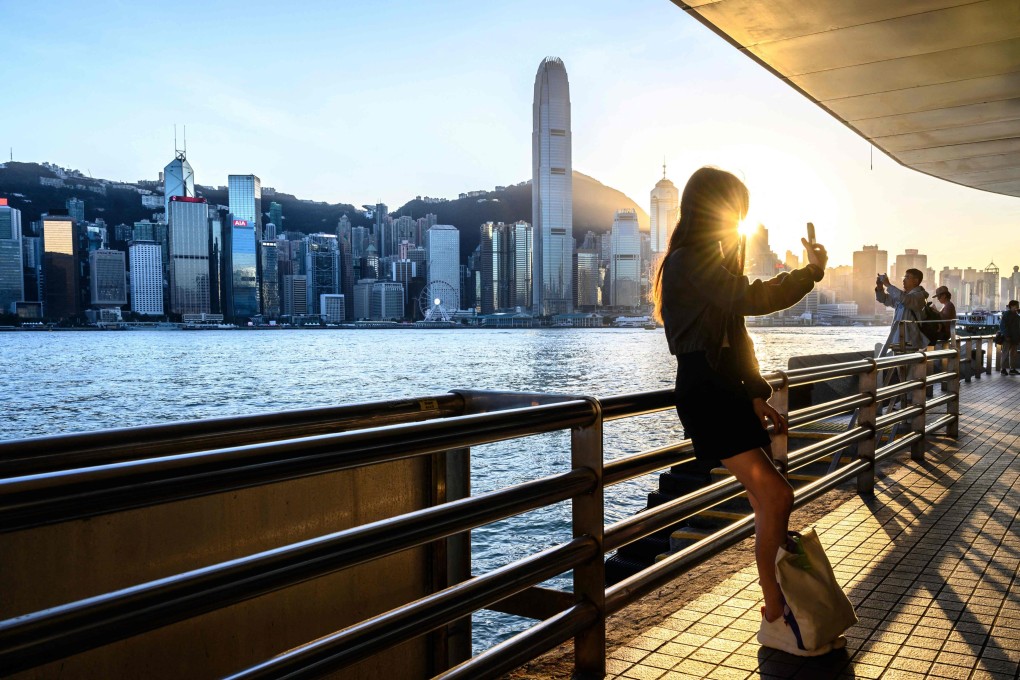Opinion | Forget ‘night vibes’, Hong Kong needs tourism lessons from Singapore, Tokyo and Seoul
The city should prioritise authenticity over quick fixes, enhancing walkability, improving green spaces – and learning from regional rivals

Global tourism has staged a dramatic comeback from the depths of the Covid-19 pandemic, with 1.1 billion international tourists recorded in the first nine months of 2024 – tantalisingly close to pre-pandemic levels.
A closer look reveals a heavy dependence on tourists from mainland China, which accounted for a staggering 76 per cent of Hong Kong’s visitors before the pandemic. This reliance persists: of the 36.7 million tourist arrivals in the first 10 months of this year, 28.4 million – or 77.4 per cent – were from the mainland. While this represents a 33 per cent increase compared to last year, the spending power of these visitors has weakened amid China’s economic slowdown, which may linger for years to come.

What Hong Kong needs is a comprehensive, inter-agency strategy that differentiates the city from its regional competitors. Other Asian cities are rapidly enhancing their tourism offerings, and Hong Kong must play to its unique strengths to remain competitive.



